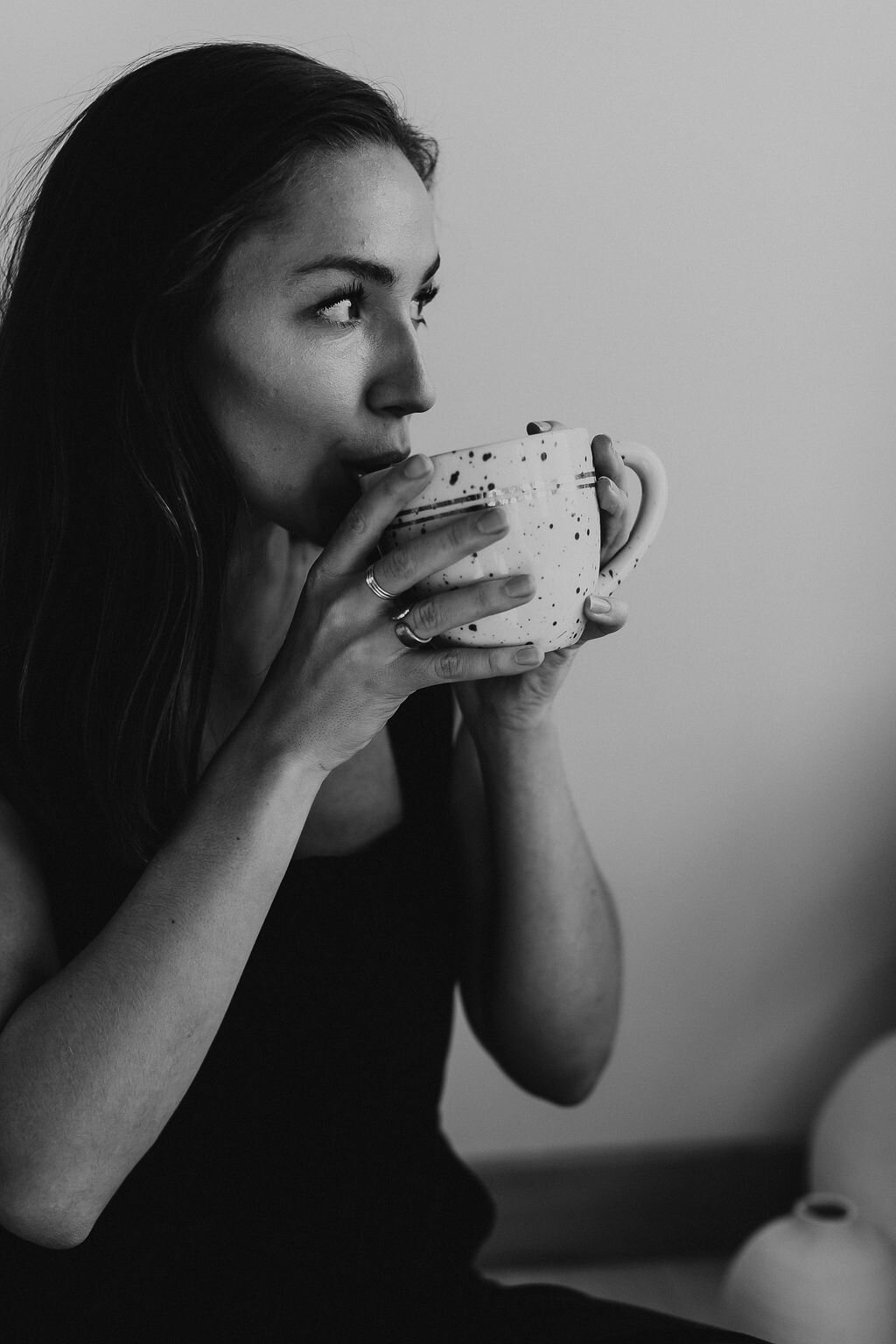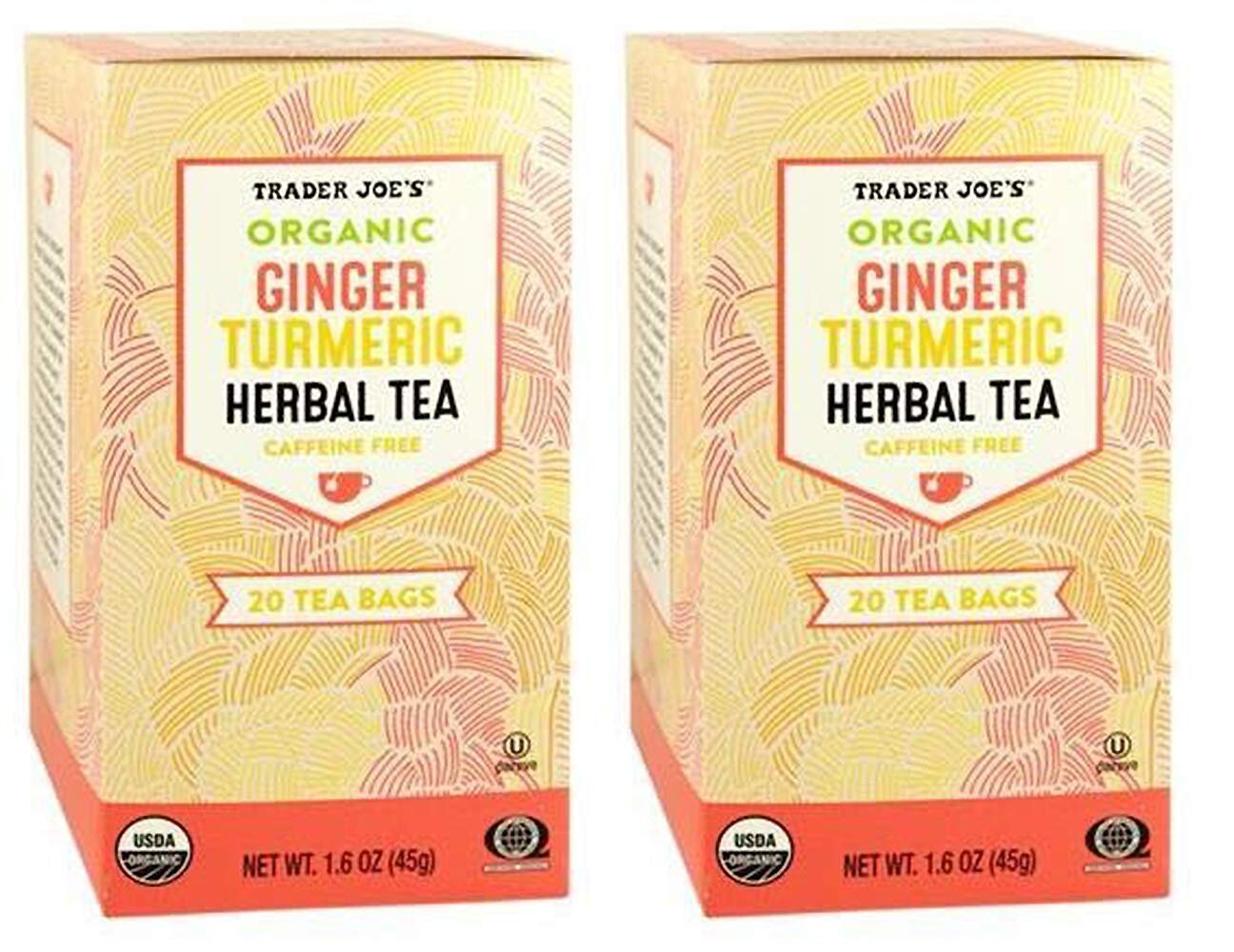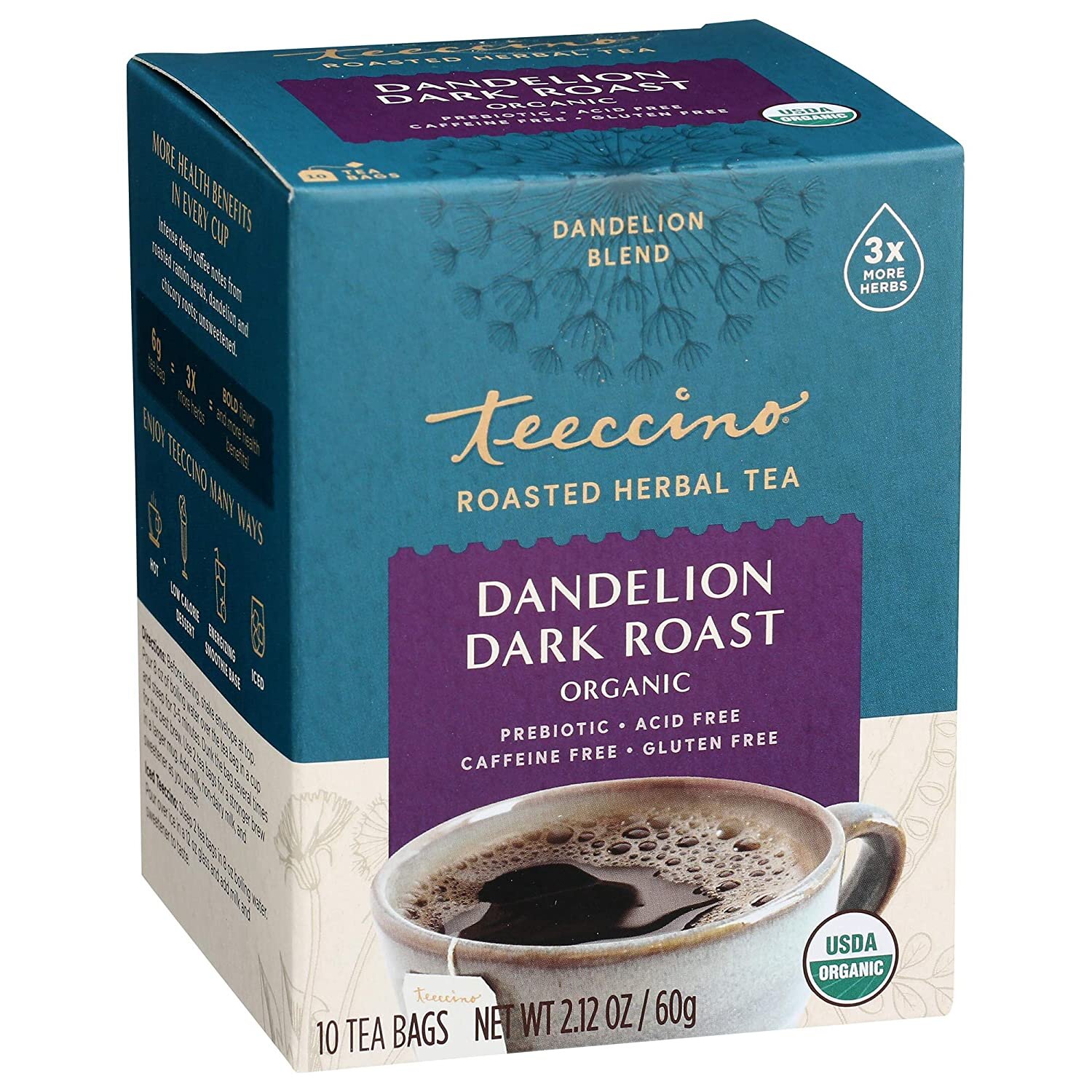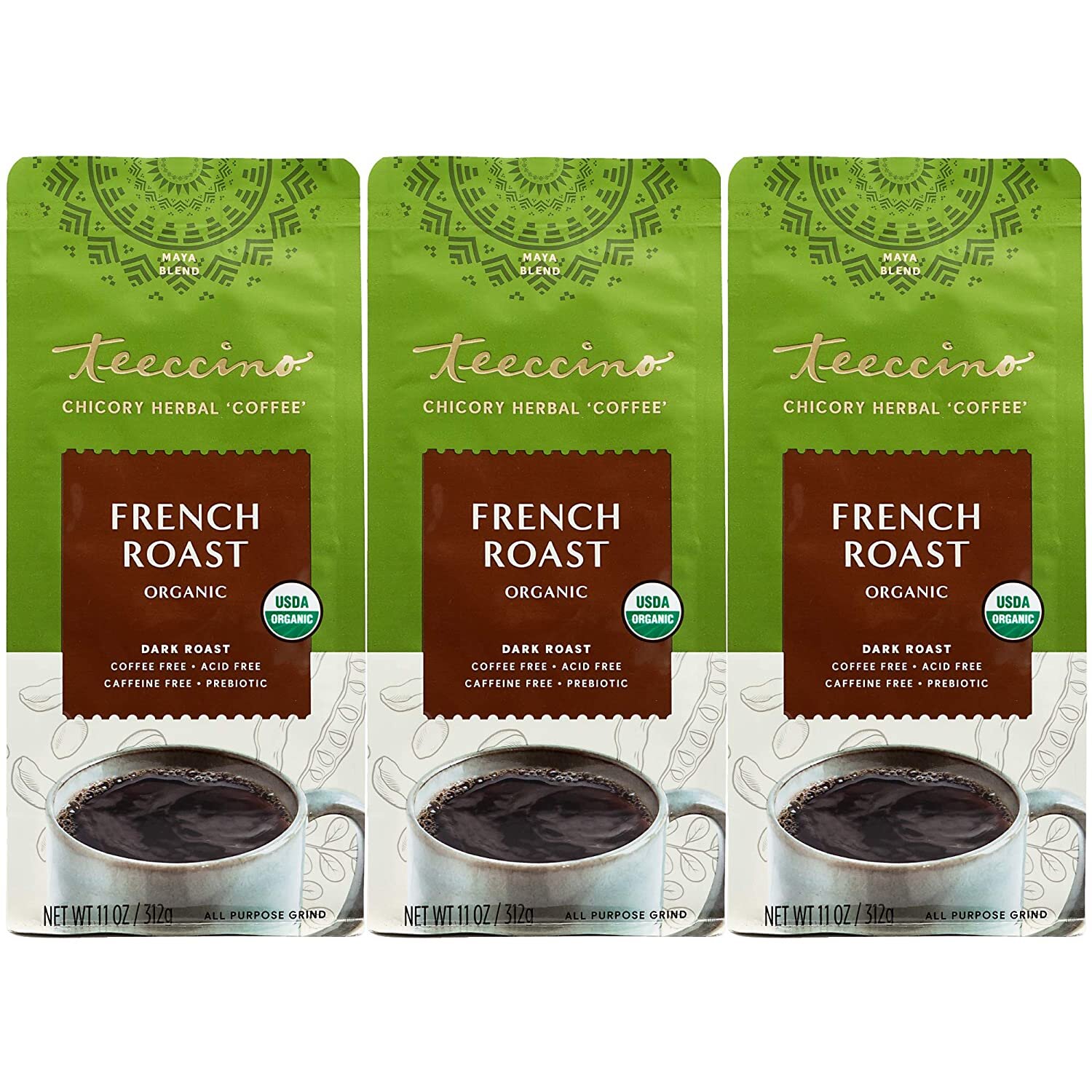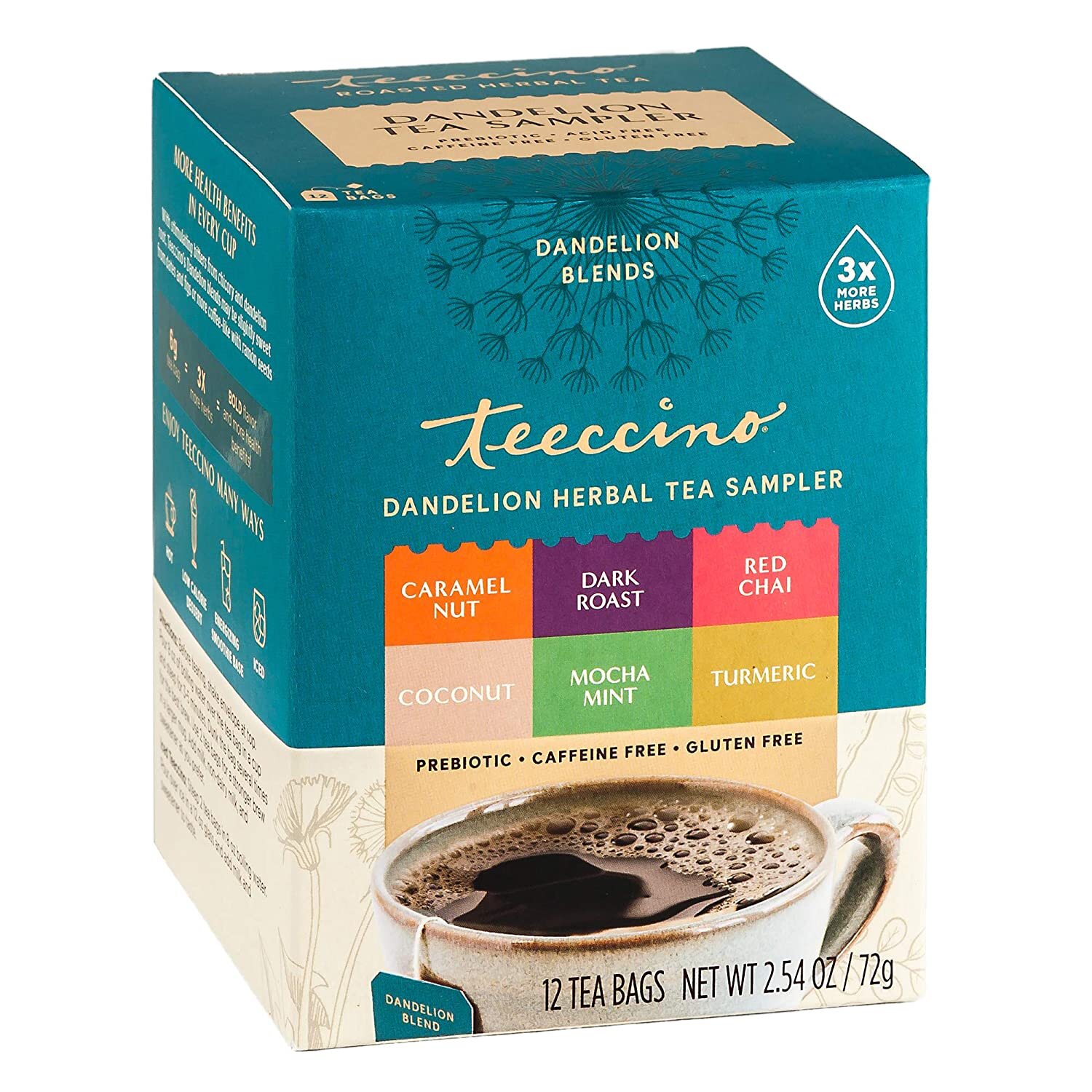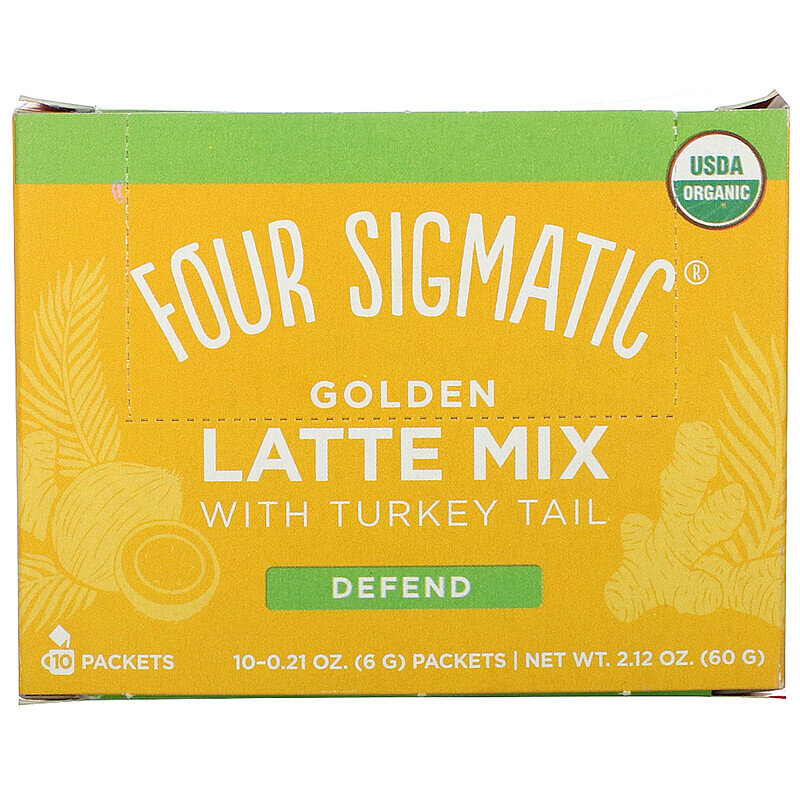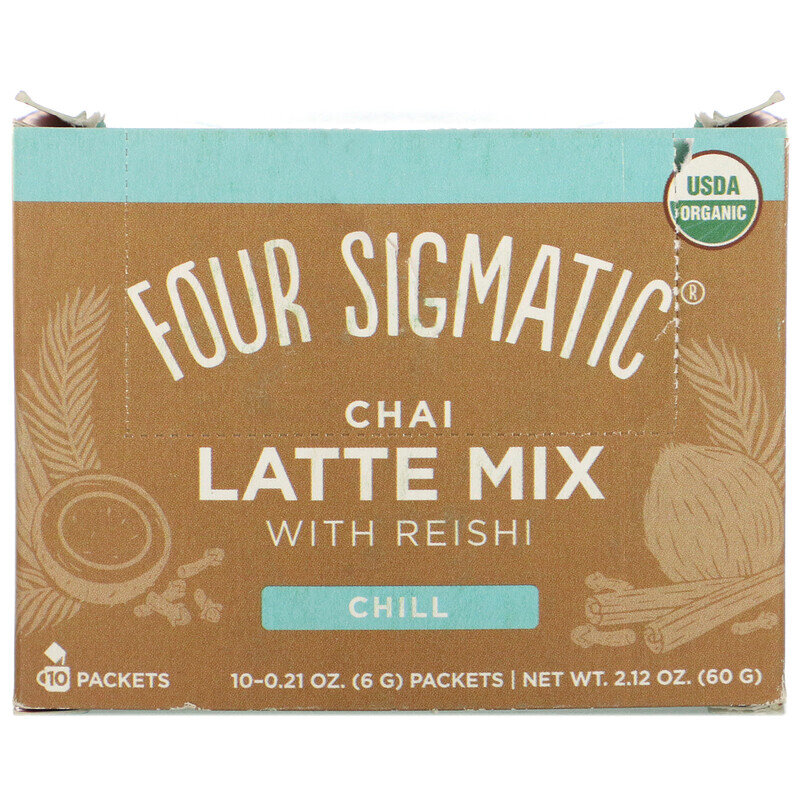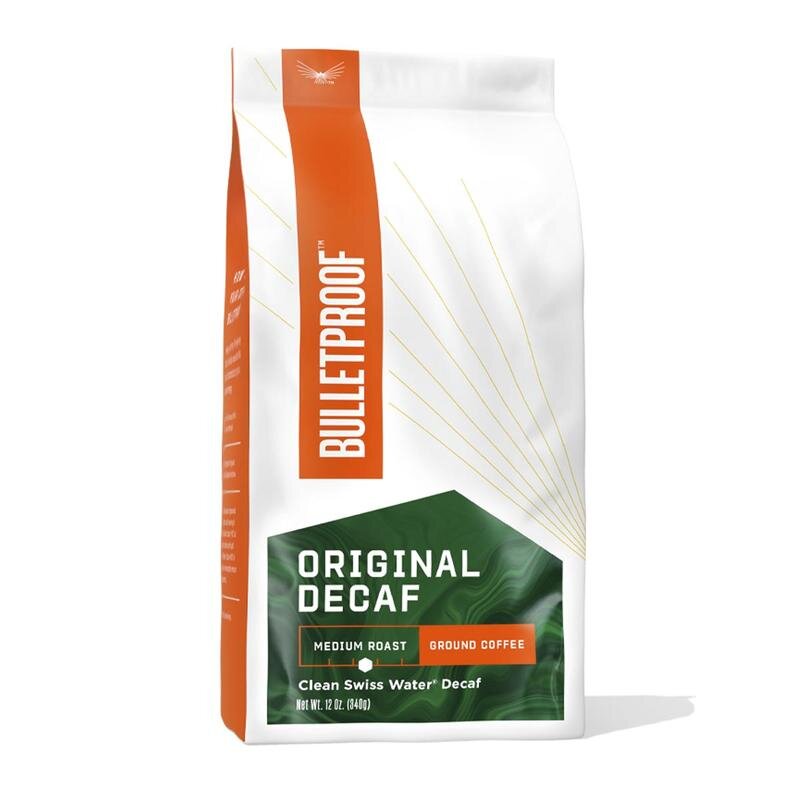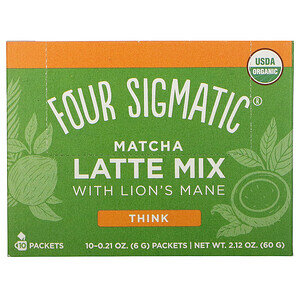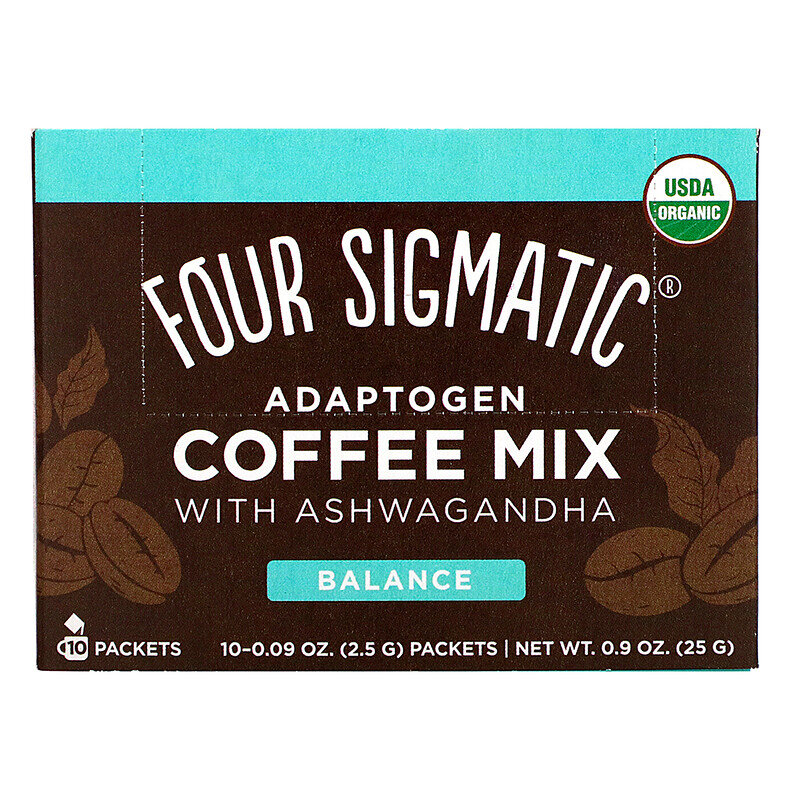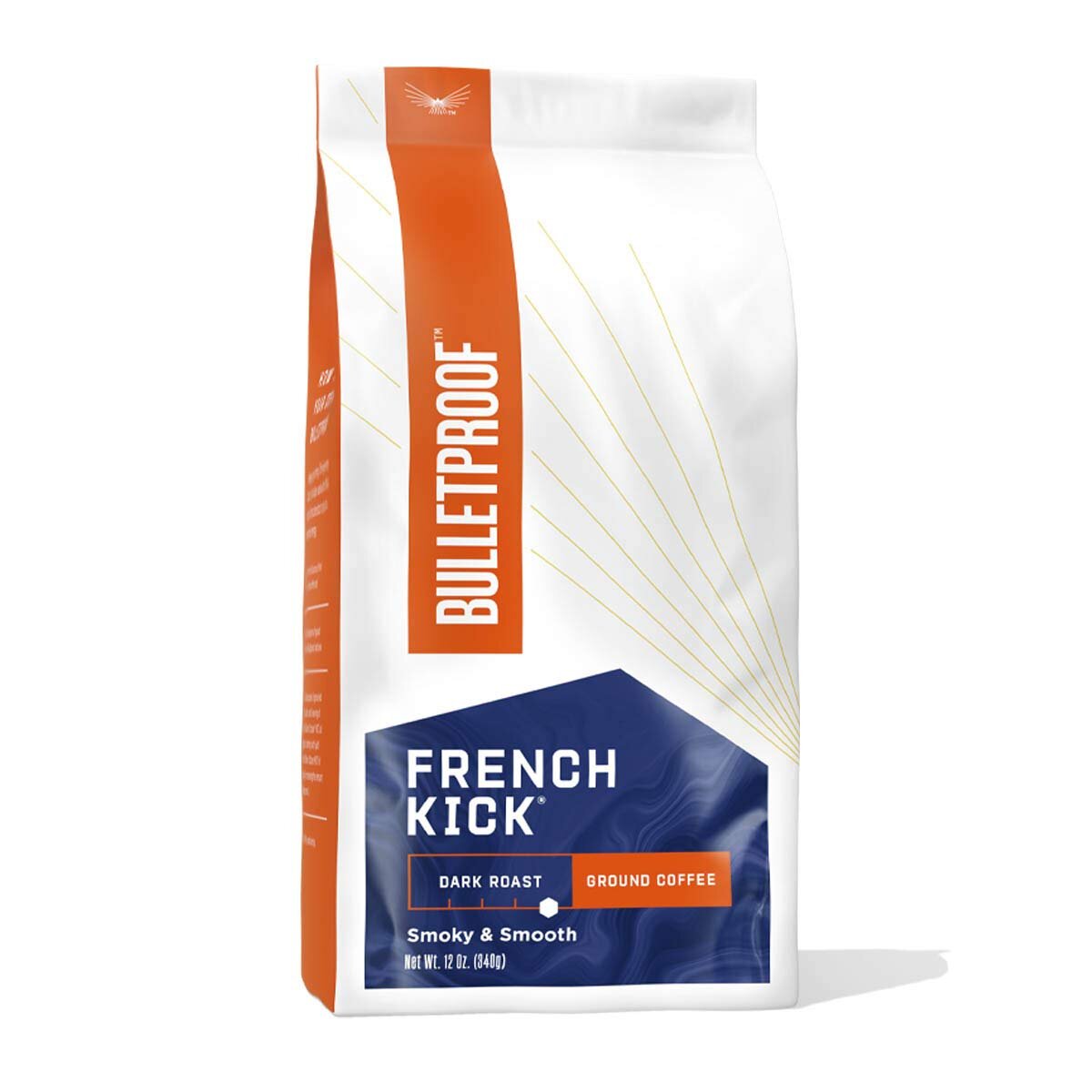My (Honest) Experience Quitting Coffee for 50 Days: How to Regain Control of Your Caffeine Intake
For the longest time, I have been OBSESSED with coffee. And, I know, I know…. we all are right? But I’m talking, I worked as a barista for YEARS (best job ever), the very first large purchase I ever bought after getting a big girl salary was a fancy-schmancy espresso machine that I shipped over from Europe (hahahah), annnnnd— if you’ve been following along on instagram — you’ll know that I’m often experimenting with new recipes and making coffee a staple in my morning ritual (XXXXXXL mugs, anyone?).
long story short, I LOVE coffee. I savor every. last. drop. and I never thought I’d give it up.
But with time, I noticed I was staying up a little later, having trouble sleeping through the night, and feeling a liiiiittttle more anxious and on edge throughout the day. There were all of these little signs, but I didn’t think it had to do with coffee because I had always been an “I do great with caffeine” kind of person.
….Right?
too much of a good thing
But even though I sipped coffee freely without side effects for yeeeeears, gradually I realized that my love for coffee had turned into a *dependence* on coffee [insert nervous & jittery laugh here]. What went from my enjoyable mug or two in the morning turned into something I genuinely felt like I needed the moment I woke up. For the first time in my life, the “too much” caffeine symptoms were emerging (jitters, anxious thoughts, sweats, etc.).
So even though I HAD done really well with caffeine in less busy times of my life...being in grad school, starting a business, and working as an RN turned my morning coffee habit into just too much of a good thing. With a lot of life stressors on my plate, it took me a looonnnggg time to realize (um, and, accept) that the stimulating effects of coffee may be pushing me over the edge in this already stimulating season of life…. But eventually, I started paying attention to what my body was telling me.
So I did a little low-stakes experiment—I cut it out cold turkey for just ONE day— 24 hours juuust to see. And, yes, I felt lethargic throughout the day, and, yes, I faced a caffeine-withdrawal headache…. but I ALSO had an *amazing* night of sleep that evening (we’re talking head hitting the pillow at 9:30 p.m. and sleeping like a ROCK). Um, what? This was unheard of for me as I was in a life stage of not being able to fall asleep, waking up at 3 AM, having trouble “turning my brain off”, etc. Cutting out coffee for just one day allowed me to sleep like a dream??? Hmmm….
I mean, sure, could it have been a coincidence that I had an unbelievable night of sleep on the one day I cut out coffee? Maybe. But at this moment I realized that it was worth investigating if the coffee was contributing to the constant “tired but wired” symptoms I was seeing in my life... That one day was the wake-up call (wake up...get it????) I needed to figure out an intentional and gradual way to get my coffee intake under control.
I ended up slowly weaning myself off of coffee and eventually did 50 full days without a drop and WOW was it eye-opening (but more on that later…)
In this blog post I will outline my personal process of weaning off coffee, how you can do it yourself, how to drink coffee more intelligently while listening to your body, and how I approach my morning bev routine today. Ya ready??
let’s clear something up...
First things first: coffee is NOT allllllll inherently bad! I feel like coffee is getting unnecessarily vilified in the wellness world right now. Our classic cup of joe has become their enemy of the moment (first it’s eggs… but then, wait! eggs are good now. then it’s fat… but wait, fat is good now! …. and now it’s coffee… hahahah). Truthfully, I don’t know if all of this negative press is exactly warranted— Coffee is a nutrient powerhouse- a great source of magnesium, calcium, potassium, phosphorus, manganese, niacin, and riboflavin...
However, I do acknowledge there is a good and a bad side to this delicious cup of java (I found this literature review to be very comprehensive). Research on both the health benefits and the potentially harmful effects of coffee consumption has alllllllways been quite contradictory— (as with many things) you can easily find evidence for it and evidence against it. As someone who loves digging into the data, I will say most of the studies show minimal or null effects in either direction.
In a nutshell: the general scientific consensus is that moderate (not excessive), regular coffee drinking by healthy individuals is either essentially benign or mildly beneficial. AKA…. it ain’t that bad. In fact, it’s often can be good when consumed in reasonable quantities.
But again, this isn’t necessarily only about the data- it’s about what your body is telling you. Because there is a good side and a bad side to coffee, and we ALL handle coffee differently. So (as always) I am not offering a black-and-white “rule” here— instead, it’s about considering the research, working with your healthcare provider, and ultimately reflecting and considering your own relationship with coffee and doing what’s right for YOU. :)
coffee: the good
Habitual coffee consumption is associated with a substantially lower risk of type 2 diabetes.
Coffee consumption is associated with a reduced risk of liver, kidney, premenopausal breast, and colorectal cancers,
Coffee is a good source of antioxidant polyphenols, caffeine, and trigonelline, all of which support cognitive functioning.
Coffee can have beneficial impacts on brain health, fatty liver, diabetes, and metabolic syndrome.
Coffee consumption has revealed an inverse correlation with Parkinsonism and Alzheimer's disease.
Coffee has been shown to shown to increase alertness and boost athletic performance
Coffee has been shown to induce autophagy, improve insulin sensitivity, stimulate glucose uptake, and promote the regeneration of injured muscle.
Caffeine has been correlated with increasing serotonin and has even been strong enough to produce a measurably effect on depression symptoms.
coffee: the not-so-good
Coffee is a stimulant so it can be a contributing factor to feelings of high tension, anxiety, and heart palpitations
The stimulating effects of caffeine can subsequently lead to poor sleep and stress which, in turn, can have an impact on hormone production
Going overboard on caffeine can lead to jitters, anxiety, high blood pressure, dehydration, insomnia, and headaches.
Coffee can sometimes aggravate heartburn, acid reflux, and stomach pain.
Heavy coffee drinking was associated with a higher risk of bleeding in early pregnancy, suggesting that caffeine intake before conception and during pregnancy should be reduced.
Pre-pregnancy coffee consumption of 4 or greater servings of coffee per day has been associated with an increased risk of miscarriage
Coffee can also trigger diarrhea and contribute to an upset stomach, as caffeine stimulates the digestive tract and can be acidic.
Caffeine itself can cause your body to produce extra cortisol. High cortisol levels can affect your body’s ability to regulate inflammation, manage stressors, and hormone production.
how to decide if weaning off coffee is right for you
While it’s clear that there’s evidence both for and against coffee, it really comes down to how YOU handle it personally. Maybe (like me) you’ve been great with it for a long time and then suddenly have found yourself in a season where it’s become too much. Maybe you’re thinking about trying to get pregnant and want to cut back. Maybe you have adrenal, cortisol, or hormone issues to consider. Or maybe you’re doing just fine!
We’re all different— in fact, researchers have found a gene (PDSS2) that plays a major role in how our bodies metabolize coffee. Simply put, those with a stronger expression of this gene can process coffee more slowly and steadily with minimal symptoms… however, if you are weaker in this gene you may absorb it more rapidly and feel the less desirable aspects of coffee (jitters, heart palpitations, headache, etc.)
Whatever it is for you, I want you to take a look at the pros and cons above and decide for yourself if you need to cut back a little, keep things as they are, or cut it out completely. Maybe you need to not drink it past 10 a.m., or maybe you’re realizing that your second cup is sending you over the edge and you need to reduce your morning intake. Maybe you’re trying to eat more healthy, whole foods and you want to swap out your artificial cream and sugar options. Whatever it is, make this about YOU. I’m not telling you to cut out coffee—but I AMMMMM telling you to be mindful of your relationship with it and how you can make the most of it.
So if you are someone who wants to cut back (or cut out!) coffee, here’s how to do it…
the 2 “big picture” ways to cut out coffee (more specific tips below)
THE SLOW & STEADY: What worked best for me was the “easy does it” method. To break it down, I slowly weaned off by going from three mugs a day, to two and a half, to two...gradually tapering down over the course of a couple of months. Once I got to one mug per day, I slowly changed the ratio of caffeinated coffee to decaf (starting with 100% caffeinated...then 75%...then 50%...alllllllll the way to fully decaf coffee). Weaning off slowly also MAJORLY reduces those headachey, lethargic, brain fog, irritable caffeine withdrawal symptoms because it’s happening slowly over time and allowing your body to adapt. I found this method to be quite easy, honestly, and really sustainable. I didn’t really feel like I was “missing out”, but I was gradually improving and reducing my caffeine day after day.
THE COLD TURKEY: Another option is just quitting cold turkey. This is the fastest way to detox from caffeine, and you’ll be able to see VERY clearly the influence that caffeine was having on your body— it sounds like it can be quuuuite eye-opening to see just how much your body was depending on coffee. However, once you get through that initial coffee withdrawal, you’ll be able to compare how your bod does without caffeine compared to how you were feeling when you were drinking coffee regularly. Cons of the “cold turkey” method is that you may experience severe caffeine withdrawal symptoms (irritability, headache, feeling lethargic...allllllllllll of the classic “I haven’t had my morning coffee yet” symptoms) and it can lead to a loss of productivity if you’re used to the adrenaline boost of coffee. This method can be hard to stick to, since feeling terrible for those first several days is pretty unavoidable (why I *personally* opted to gradually reduce my coffee consumption), however, it’s faster, more concrete, and offers a very distinct clear picture of what you are like with coffee and without.
what happened when i cut back on coffee
During my transition phase, I took it niiiiiiice and slow, gradually and intuitively cutting back the amount I was drinking by mixing in decaf. Overall it took me about two months to reduce my caffeine intake to zero. At this point, I wanted to see how I felt without any coffee at all, so I decided to do a full 50-day reset. *dun, dun, duuuuuuuuun*
Here’s what I noticed during those 50 days without coffee:
My quality of sleep improved a LOT. Like, very drastically. My bod got itself into a natural rhythm of sleep (I was falling asleep at 9:30 p.m. and getting up at 6 a.m. instead of forcing myself to go to bed early or draggingggggg myself to get up in the morning). This was very different than my coffee state of “tired but wired” until at least 11:30, often waking up at 3:00 AM for no real reason, feeling exhausted in the morning…. Long story short, my sleep quality DRASTICALLY changed after cutting out coffee. This was my favorite result of my coffee detox— SO worth it.
I had more even and constant energy. While at the beginning I definitely noticed a tangible decrease in energy, focus and productivity, with time I actually felt like I had more sustained and constant energy throughout the day because I was sleeping better and not relying on caffeine, cortisol, and adrenaline as a fake buzz. I’ll admit— this took time, but it truly did happen and I genuinely felt like I was naturally energized & focused throughout the day.
I noticed myself having less frantic and anxious thoughts, and feeling less “on edge” throughout the day. Just overall feeling more peaceful, focused, and less scattered.
But not only did I notice those physical effects, I ALSO noticed feeling more intentional around my relationship with food and drink in general. Taking note of where I was going on autopilot (like my coffee intake for the yeeeeaaaars leading up to this) helped me shift my perspective on everything I was putting into my body—asking myself what food or beverage I truly need in each moment for nourishment + focus.
but what if i still want a morning drink ritual?
If you’re asking this^^^, I feel you…. because this was my biggest concern. We can all agree there is just ~something~ magical about having a drink you savor in the quiet morning… so I needed to find a replacement! Whether it’s coffee or not, having a morning drink ritual can go SO far beyond just needing caffeine in the morning. If you’re looking for a way to maintain the emotional and personal aspects of a special morning beverage, consider switching to something like herbal tea (so many varieties!), dandelion and chicory root tea (these have a similar taste to coffee!), mushroom coffee (coffee— but with added health benefits and 1/2 the caffeine!), matcha (different from coffee for sure, but soooo good.), or decaf coffee (all the flavor— none of the buzz).
In my v humble opinion, I had a great experience swapping my full-strength coffee to Four Sigmatic mushroom coffees. At the risk of sounding dramatic, these were my SAVIORS as I weaned off of coffee as they only have half the caffeine of traditional coffee, so they were a super natural & effortless way to wean myself off of caffeine without really realizing it. Tastes like coffee (but with added holistic benefits), fewer jitters, less caffeine, and a great way to keep your morning beverage ritual. (Pssssst… code KE10 will save you 10%!)
To give you a perspective- here are some ideas on the caffeine content of various drinks so that you can find the option with the right amount of caffeine for you! :
Regular brew coffee: 96 mg caffeine
Latte: 86.4 mg caffeine
Mushroom Coffee: 50 mg caffeine
Black Tea: 48 mg caffeine
Matcha: 30 mg caffeine
Green Tea: 28.8 mg caffeine
Decaf Coffee: 0 to 15 mg caffeine
Herbal Tea: 0 mg caffeine
some of my favs— in order of caffeine content (least to most)
Other natural ways to get energy in the morning:
Believe it or not, there are other ways to wake yourself up in the morning besides guzzling 3 mugs of coffee. Below are a few ideas that helped to perk up my mood and alert my senses in the morning as I weaned off caffeine!
dry brushing: IYKYK. Dry brushing is so stimulating and energizing from a tactile sense. Seems small, but truly does make a difference in my alertness! (if you want to know more, here ya go!)
go outside: Sync up that circadian rhythm, babyyyy! Getting out in direct sunlight for 10minutes in the morning light can do wonders for resetting and regulating your sleep-wake cycle.
stretch & workout: Endorphins, hollllla! While I wish I was one of those people who just ~LoVeS~ working out in the morning, I’m just not. However, I can’t deny that on the mornings where I *do* make my AM workout happen, it does instantly wake me up and get me in a good mood for the rest of the day!
make sure you are HYDRATED: often times your body is not actually as exhausted as it feels— it’s could just be lacking the water it needs. dehydration can lead to feelings of brain fog, lethargy, difficulty focusing…. sound familiar? before reaching for stimulants, make sure your body has all the water it needs. a great way to kick off your morning is with my v hydrating (and v v delicious) morning elixir. I’ve gotten so many people hooked on this, and I love it!
cold therapy: Channel yourself some Wim Hof vibes and turn your shower cold. This is great for immunity, lymphatic health, annnnnnd will definitely wake you up (to put it lightly). Is it the most pleasant? nope. But is it effective? You bet. There are so many benefits to cold therapy, and an instant “wake up!” is one of them :)
quality sleep: I mean I had to say it. It wouldn’t be the foundation blog, if I didn’t point out the foundational root cure to the problem. If you are looking for energy, look at your sleep first. It’s amazing how energized you’ll be in the morning when you actually go to bed at a reasonable hour and sleep soundly through the night. Ain’t no better typa energy than that truly rested kinda energy!
how I approach coffee now… (this may surprise you)
I really used those 50 days as a reset to remind myself that I COULD live without coffee. Once I reached that 50-day mark, I decided to slowly implement coffee back into my life because I do truly enjoy it. I still love the flavor, I still love making it, I still love tasting it...but I’m just wayyyyyy more intentional with it now.
My current routine looks like sippin’ on a mushroom coffee about 80% of mornings (the 1/2 caffeine & added adaptogens is PEREFECT). But I’ll also switch it up!
You can find me drinking decaf since I’m not dependent on the caffeine anymore, making a specific ratio of decaf (for example, 75% decaf & 25% caffeine), orrrrr just filling up my mug with a lil’ extra “real” coffee just as a treat a couple of times a week when I intentionally choose the extra caffeine. But the one common thread between all of these options is that I am intentional with how I drink coffee now and not just doing it blindly out of habit.
pssst: not all coffee is created equal
For years I sought out organic vegetables…. grass-fed, local meats…. but never thought twice about the ingredients and chemicals that could’ve been used in making my cup of coffee.
Thennnnn I found out that coffee is one of THEE MOST heavily chemically treated crops in the world. WHAT. Unfortunately, most coffee available at the grocery store is covered in fertilizers, pesticides, herbicides, fungicides, and insecticides while grown (why hadn’t I thought of this????), many coffees often have mold contamination (The U.S. standards on mold regulation are much lower than other countries so we often get more of these poor quality coffees here), and— as if that wasn’t bad enough— these coffees are often from unethical growing/working conditions. Yikes.
While, I always encourage shopping local and supporting a small organic coffee roaster in your area, but if you are looking for an online option, I do truly trust the quality and sourcing of Bulletproof coffee beans and four sigmatic mushroom coffee (save 10% with KE10 coupon). They are organically grown, well-sourced, and 3rd party tested for mold and contaminants. QUALITY coffee & delicious. Along with my coffee wean came a newfound commitment to being intentional with my coffee— and that includes the quality of it.
all in all...
Doing this coffee wean and detox allowed my relationship with coffee to be MUCH more intentional and intuitive, and I feel like I don’t wake up and *need* it every day. I’ve noticed that when I DO choose to have it, I have wayyyyy fewer negative effects (probably because I’m no longer feel the need to guzzle down 3 jumbo size mugs mindlessly, ha!), and I love that I have the freedom to choose when I want to enjoy it (plus it feels extra special when I get to fill up that XXXXXXL mug with 50% decaf...mmmmmmm) .
Whether you’re starting small (like going from three mugs to two this week), going cold turkey, or just choosing to continue with your current routine, I hope you use this post to take a moment to consider your own relationship with coffee and ask yourself these questions:
What is the role coffee is playing in my life?
Am I having it too much?
Do I depend on coffee? If so, am I okay with that?
Am I noticing some symptoms (like the decreased quality of sleep, anxious thoughts, etc.) where perhaps coffee could be contributing and I just never considered it?
If nothing else, my friend, I hope this post reminds you to pause. To be intentional. And if you do choose to limit your coffee, to do it in a way that works for you and your lifestyle.
Any thoughts on this post? Reflections from your own relationship with coffee? I’d love to hear any thoughts in the comment section below!

